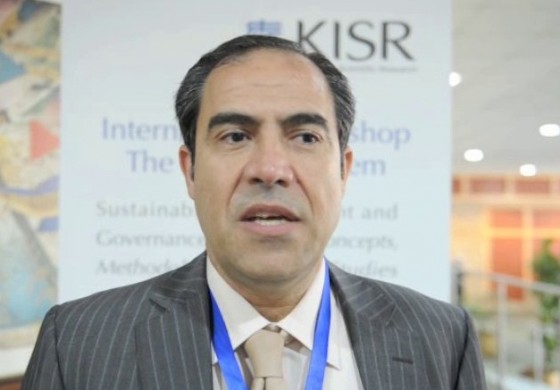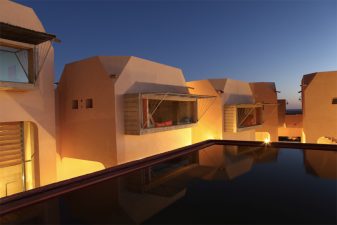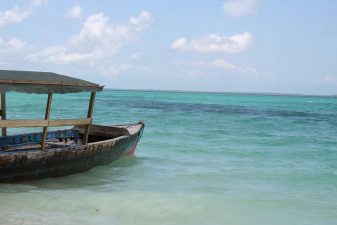 The traditional Middle Eastern concept of Hima, which means a protected area, has been explored and modernised as a type of sustainable development system under a new Hima Initiative.
The traditional Middle Eastern concept of Hima, which means a protected area, has been explored and modernised as a type of sustainable development system under a new Hima Initiative.
“Compared to what you have experienced, the Hima concept we are promoting is different,” Walid Saleh who is part of the Hima Initiative told GreenProphet. And he is not kidding. Traditionally, Hima which has been practised for over 14,000 years in the Arabian Peninsula, is believed to be the most widespread system of traditional conservation in the Middle East. It helped protect pastures, trees, grazing lands and set aside natural resources for the public good. Today, it has been modernised by a group of thinkers to mean a Human Integrated Management Approach (or HIMA) which is “standalone Sustainable Development System based on Islamic Environmental Ethics, & Laws, and indeed the lessons learned from the Hima system.”
Walid Saleh, pictured below) who is also Head of the MENA Regional Programme at the United Nations University, explained that the group formed a Hima Consortia to promote this new system and to be adopted under the UN as a system of Sustainable Development.
The initiative was launched under the patronage of HRH Prince of Jordan El Hassan bin Talal with financial support through the WANA forum. The WANA Forum is a long-term initiative that brings together decision-makers, civil society organisations, religious leaders, researchers, business owners, media reps and other relevant regional stakeholders from the region.
HIMA. Dr. Walid Saleh from KISR on Vimeo.
The forum met back in 2010 to discuss ways to revive Hima and make it more relevant to the modern landscape. Since then, the HIMA Initiative has hosted a workshop in Kuwait to further explore the concept and also explore how it would be implemented. The purpose of establishing Hima’s around the world, according to the initiative, is to better understand the role and contribution of local people in:
1. Conserving biodiversity
2. Sustainable management of natural resources
3. Meeting social needs, such as maintaining local culture, increasing opportunities for income generation, and improving health and well-being
4. Lowering management costs
5. Sustaining resource utilization and allocation decision outcomes over time
To find out more about this initiative and ways you can contribute go their HIMA website.
For more on Hima and its application see:
Great Examples Of ‘Hima’ Or Protected Areas In The Middle East
Hima: The Middle East’s Tradition of Environmental Protection
Do You WANA Green The Middle East? A Forum Report
Top image of woman in Yemen via dinosmichail / Shutterstock.com. Lower image of Walid Saleh via video screenshot.




